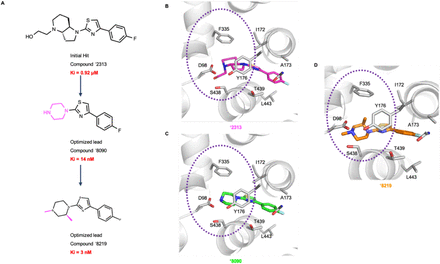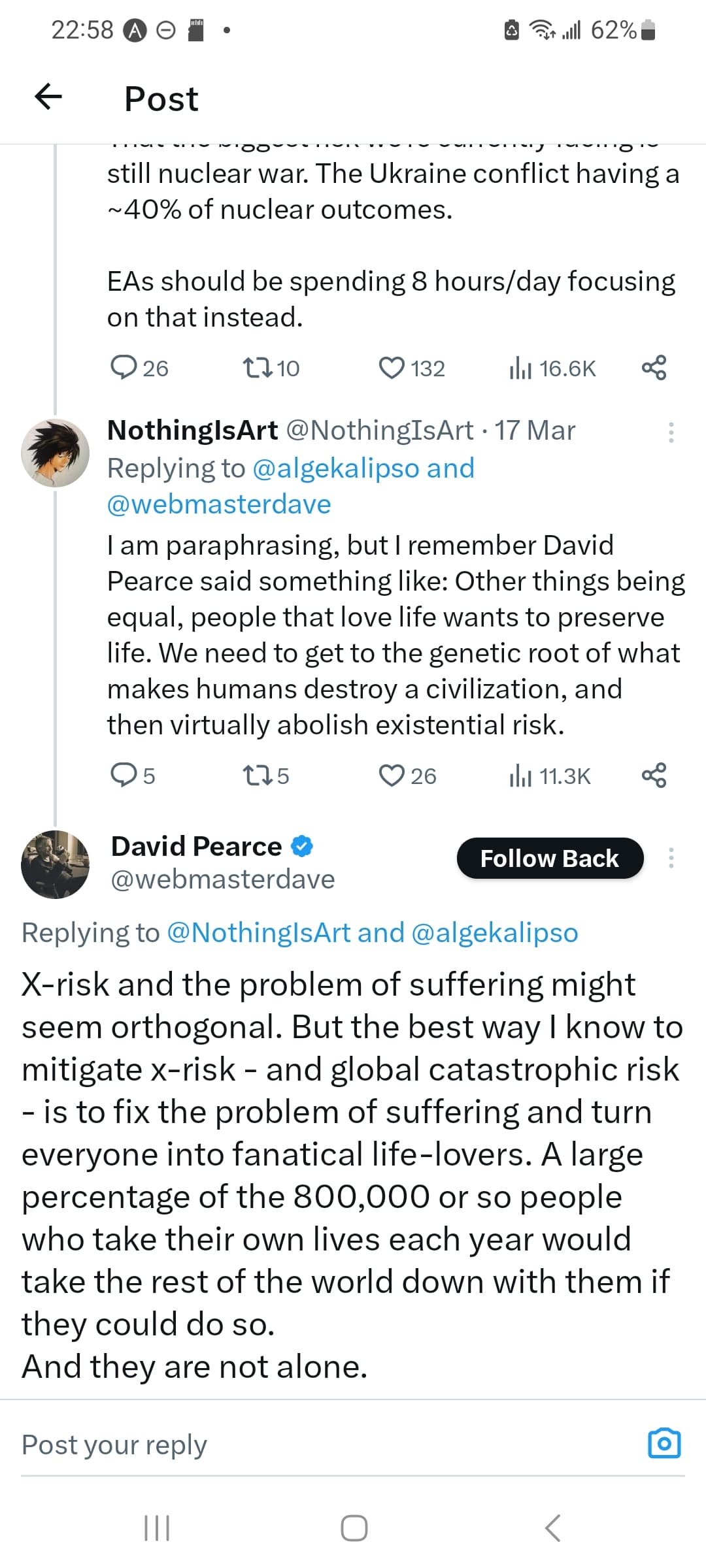A Phenomenological Report on the Novel Non-Hallucinogenic Psychedelic Tabernanthalog
There is growing interest in the possibility of non-hallucinogenic psychedelics. The promise of such substances is to retain the psychoplastogenic effects of classic psychedelics while removing the trip. This is being done in the hopes that it would result in a drug which can be more widely and cheaply administered than classic psychedelics. It is a somewhat controversial idea, and I have written about it in more depth in an article I wrote earlier this year.
The critics of this approach point out the correlation between certain phenomenological aspects of the psychedelic trip, such as mystical experiences, and positive therapeutic outcomes. Given that these kinds of experiences also correlate with general strength of the effects, and thus dose, it is possible for those on the pro non-hallucinogenic side to then argue that perhaps the phenomenology is just a correlate of the actual underlying therapeutic effects, such as dendritic growth or changes in epigenetics. While this debate has largely been theoretical, that may not be the case for much longer. A number of potential non-hallucinogenic psychedelics are being developed, and some of them have even begun evaluation in human clinical trials as treatments for depression.
What is Tabernanthalog?
One of these potential therapeutic drugs is Tabernanthalog. It gets its name from the Tabernanthe iboga plant (the name meaning tabernanthe-analogue), which is the source of the psychedelic compound Ibogaine.
Read the full blog post here:
====

